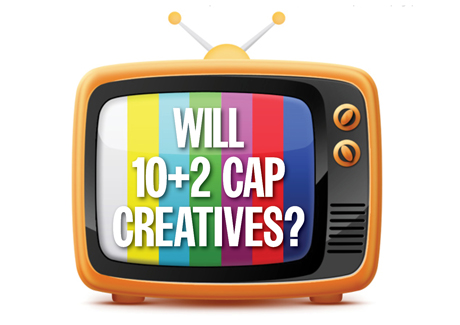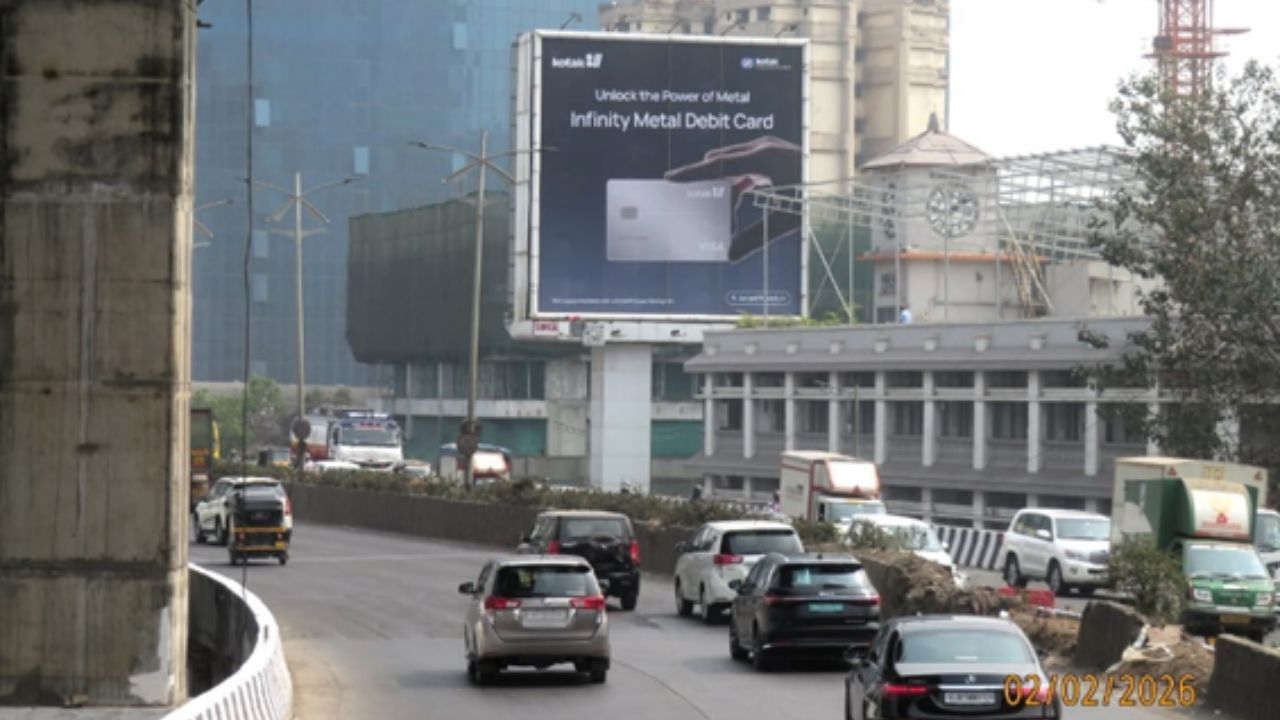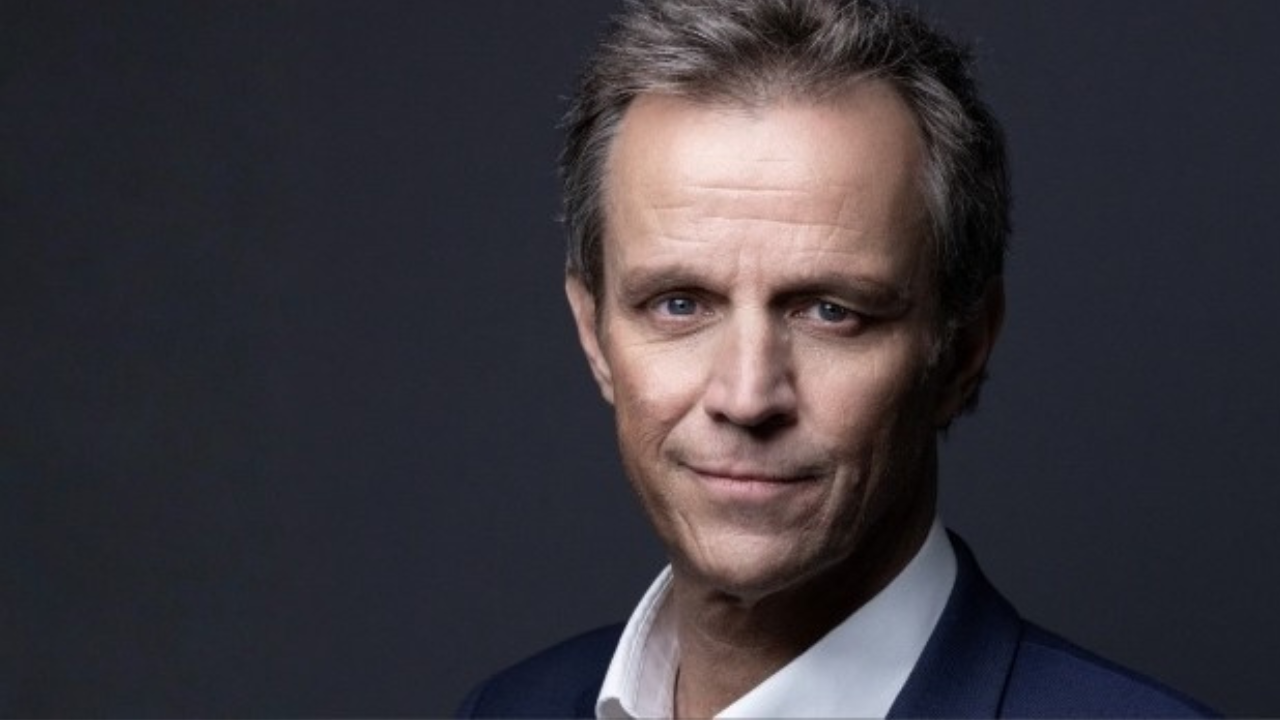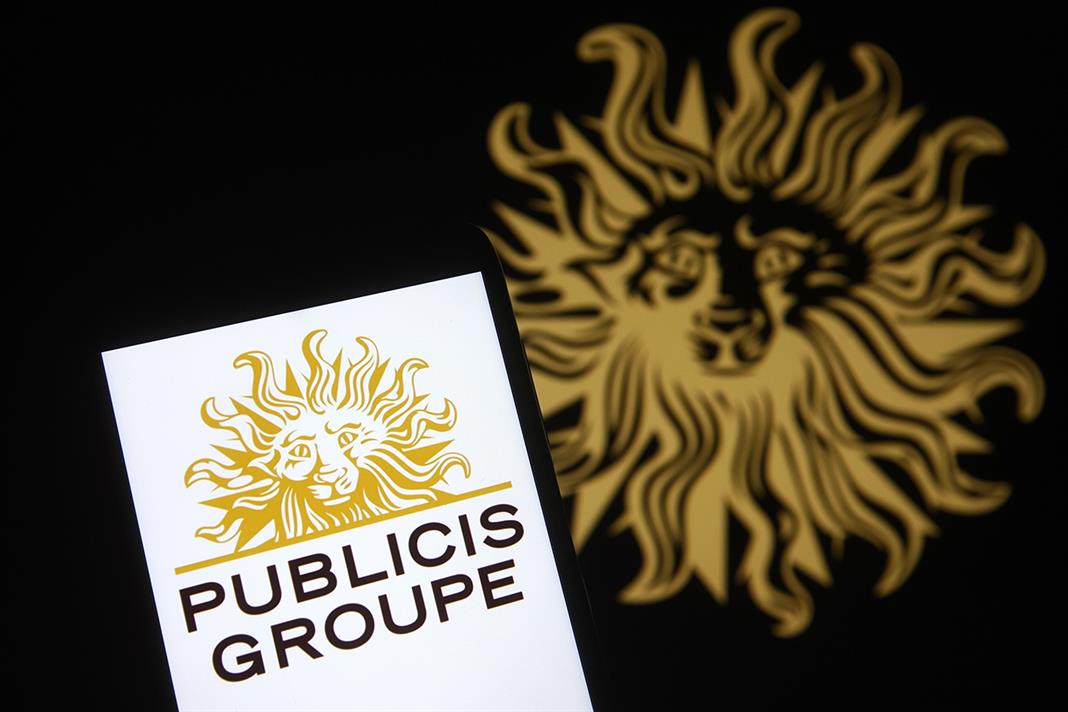While broadcasters await a decision on when TRAI’s proposed ad cap of 10+2 minutes per clock hour will be implemented, we engaged adlanders to think through to a time when it becomes the norm. What impact will the restriction on minutes of advertising on the medium have on the messaging?
Lesser inventory could mean more cost per spot. Some adlanders feel it’s inevitable that marketers will resort to airing shorter edits of commercials. The notion is that the ad cap could herald an era of 15 to 20 second TVCs, with the 60-seconder more dearer than it already is. KV Sridhar (Pops), chief creative officer, India sub-continent, Leo Burnett, said, “The immediate effect (of the ad cap) is the shortening of the length of the TVC. 30 seconds is the average length which we work on but now it will reduce to 20 seconds.”

Nitin Karkare, COO, Draftfcb-Ulka, notes that with the 10+2 ad cap implementation, brands will have to tell short and engaging stories to connect with audiences. “Advertising is about engaging the consumer in the shortest possible time. Rarely does one have the luxury of indulgent storytelling, especially in today’s tough business environment. Telling short, engaging stories is a consumer imperative. The 10+2 ad cap will reinforce this,” he added.

It’s not just the length of the TVCs that will be affected, explained Sridhar. He said, “For a 20-seconder the natural outcome will be that advertising will become more transactional, with very little scope to do anything. Storytelling commercials will come down drastically as it will be very difficult to convey stories in 20 seconds. Normally, 12 to 13 seconds are required for the product window and especially so for a FMCG. There will be less than 10 seconds to have any kind of emotional drama, or benefit into the commercial. Thus, storytelling format will change and probably get much snappier rather than story-heavy ideas that give a huge dose of entertainment.”

Making the case for creative people to start thinking in ‘short format’, Malvika Mehra, NCD and EVP, Grey Worldwide, said, “Clients have started demanding TVCs with shorter edits. So, as creative people we have to wake up and realise that this is the reality. We have to start thinking of scripts in those formats instead of long stories (which we will edit down to shorter durations), which I believe do not do justice to the campaign thought. We will have to start thinking in short format, essentially.”

Karthi Marshan, EVP and head - group marketing, Kotak Mahindra Bank, is among marketers who believe things will change. He explained, “What I suspect will happen is that we may end up moving away from our current creative style. My hypothesis is that our ad industry was born out of theatre. So our dominant style of advertising has been of storytelling or the narrative structure as opposed to information to persuade you to consider buying the brand.”
His contention is that research proves that more often than not, people remember the ad but fail to recollect the brand it was made for. “That’s not what we live for. We live to make our brand stronger so that people think about our brand and buy our brands. I look forward to harder working advertising happening as opposed to more creative theatre as a consequence of the ad cap implementation,” he added.

Partha Sinha, director and chief strategy officer, Publicis, South Asia, noted that adlanders would now not have the liberty of having 60 seconds or more to make ads and hence their attempts will have to be different. “What I am hoping to see is a different sort of attempt - and not a 60-second effort squeezed into 20 seconds. That will never work. People will have a different kind of format and narrative and they will start experimenting with the same. And that will produce some good, interesting, disruptive work eventually,” he surmised.

And then there are others, who do not believe that the ad cap would necessarily impact advertising ‘formats’. Josy Paul, chairman and national creative director, BBDO India, said, “Clients have always asked for shorter edits. So, it is not something new that will take place. Moreover, I believe that with the implementation of the 10+2 ad cap, there will be emergence of the new media. Clients will opt for longer edits for this medium (YouTube) while TV will air shorter edits. So you will continue to see TVCs having duration of 1 minute or even 2 minutes, but on different platforms.”
Sinha added, “I think the interaction between digital and TV will increase dramatically. Digital will allow slightly long format stuff and TV will allow slightly short format stuff because this is the necessity right now. Earlier, they used to run independently and there was no major interaction between TV and digital.”
Grey’s Mehra notes that the ad cap implementation will open up other media options such as long format viral films (online), innovative on-ground activation, and in-show or in-film placements. Building content on TV for brands is something she feels we’re more likely to see, citing the example of music show Dewarists.
For now, the jury is out on whether the ad cap will bring about a change in the creative routes adopted in Indian advertising. Voices in agreement that there will be change are ringing louder. Said Sridhar, “The role of television is going to be redefined and you will have more straightforward commercials and less of storytelling with human touch."
Whether the industry is ready to embrace this change remains to be seen. As Sridhar surmised, “Probably there will be an evolution where people will burn their fingers, experiment and then will understand what works for the brand. So it’s an interesting challenge to have and TV after a long time will go through some kind of change.”




